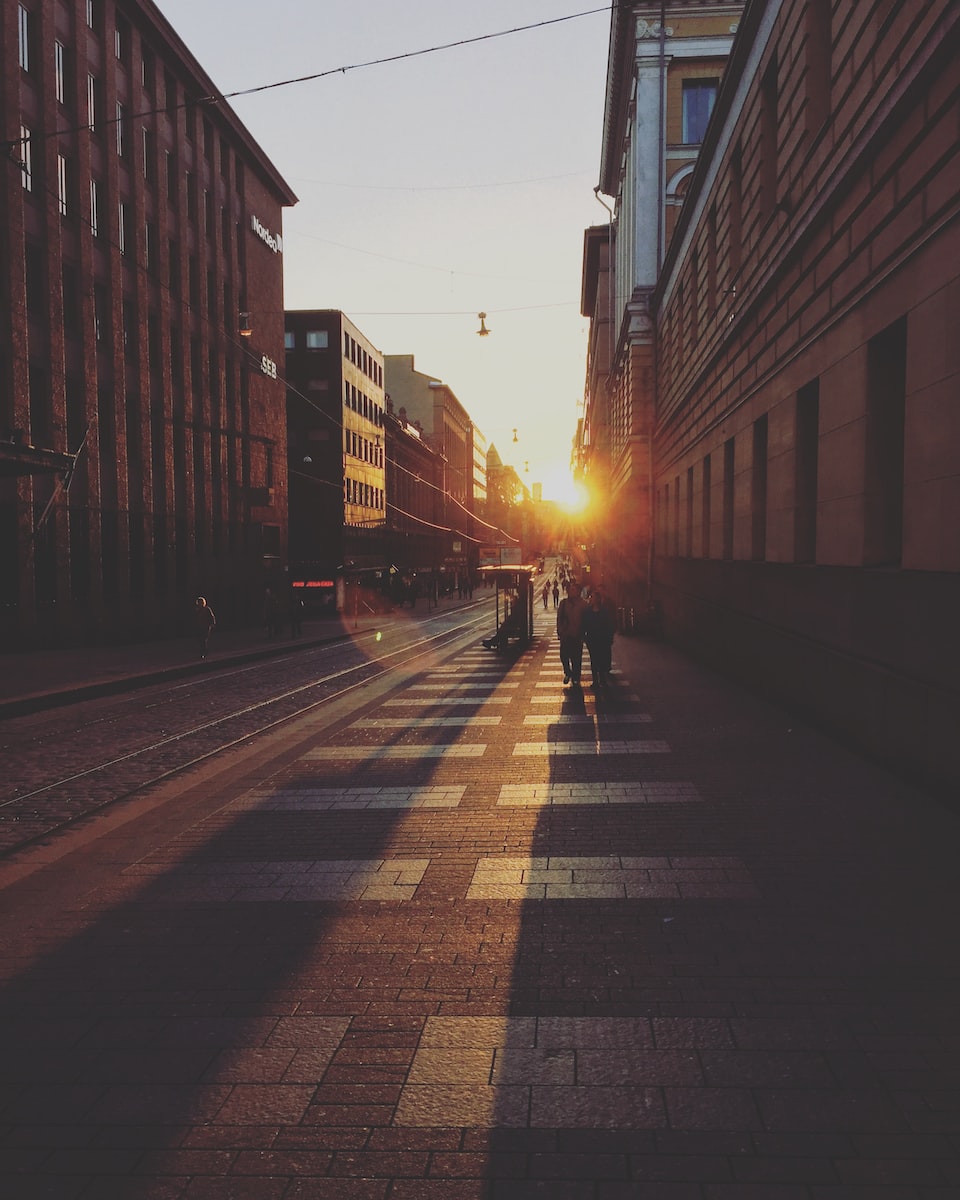Transforming the building and construction sector is one component at the heart of the circular transition in the Nordics and a prerequisite to realise the vision of the Nordic governments to be the most sustainable region in the world.
As the latest Circularity Gap Report points out, the world economy is still largely linear, and the extraction of natural resources plays a significant role. But despite the large quantities of materials used and the significant environmental, economic, and social effects they have, the average citizen generally has limited knowledge of how these resources are handled.
A city the size of Paris must be built every week for the next 30 years to accommodate the global population growth, states Sweco’s Urban Insights Report on circularity, published in January 2023. Currently, around 50 % of the earth’s raw materials relate to construction and infrastructure use, and nearly 30% of total waste within the EU, over 400 million tons a year, is generated within this sector. Thus, circularity within the construction sector is paramount to achieving the global goals. EU has already set aims to increase the re-circulation of construction and deconstruction waste to minimum 70%. For the Nordic region, where building and construction accounts for more than 10 % of the total economic activity, the role of this sector in the susformation is widely recognized. There are considerable competitive advantages to be sought by advancing and using the Nordic industries’ expertise throughout the value chain.
Gaia’s recently launched study on Low-Carbon Circular Transition in the Nordics describes how circular design and choice of materials in addition to utilising data and digital tools in construction design helps to optimize the material usage in the construction phase, avoiding loss and reducing the need for virgin materials. Existing buildings can be kept in function for as long as possible by favouring reparation and rebuilding over deconstruction, as well as by exploring well-functioning models for the use, shared use, reuse, and re-purposing of buildings. In the demolition phase, steps have already been taken in preventing waste generation and ensuring the reuse of structural elements and other materials, although challenges remain especially in handling complex and hazardous materials.
Among the topics highlighted in the study are recommendations on how to build further on our Nordic capabilities in construction and take an even stronger lead in the circular development of the sector. Suggestions include cooperation on preparing solid input to forthcoming EU processes, considering fast-tracking these in the Nordics, and looking into the policy incentives for the transition, ranging from taxes and tariffs to quota requirements of circulated materials, circular requirements in public procurement, as well as economic subsidies related to sharing economy models, reparation and reuse.
The report was commissioned to Gaia Consulting by the Nordic Working Group on Circular Economy under the Nordic Council of Ministers. The Nordic Council of Ministers is the main forum for official Nordic co-operation, which involves Denmark, Finland, Iceland, Norway, Sweden, the Faroe Islands, Greenland and Åland. The shared vision is to make the Nordic region the most sustainable and integrated region in the world.
The authors Susanna Sepponen, Anna Laine and Viivi Rouhento are experts in the field of circular economy and public policy. Together with our clients, our consultants help to identify the possibilities of transitioning to a circular economy and to develop new business models based on it.
Transition to circular economy in the Nordics — how to make it happen? | Gaia.fi
The transition to a carbon-neutral circular economy requires new skills | Gaia.fi
Evaluation and Impact Assessment, Circular Economy, Research and Innovation Systems, Nordic Cooperation,
susanna.sepponen@gaia.fi
+358401380067
Carbon Neutrality, Climate Policy, Sustainable Finance, Carbon Markets, Renewable Energy, Sustainable Business, Development Cooperation
anna.laine@gaia.fi
+358505131260



